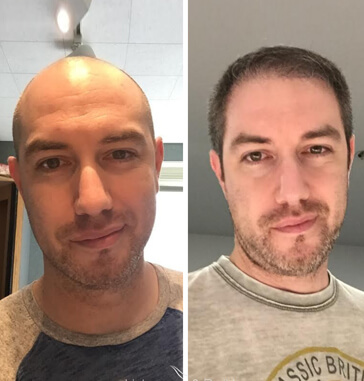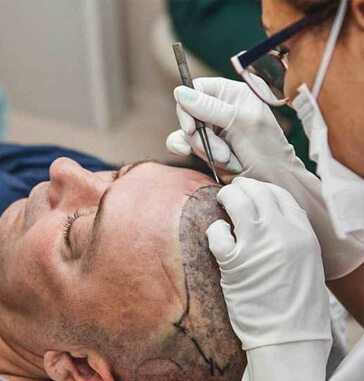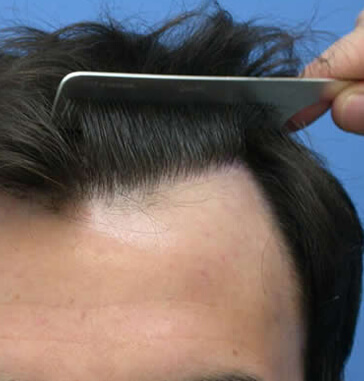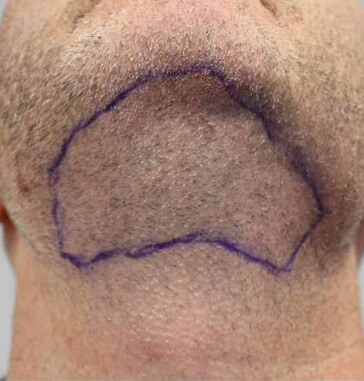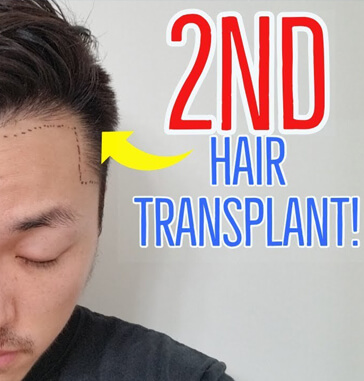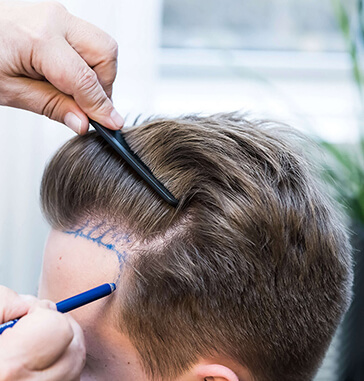Hair loss after hair transplant surgery is a major concern for most people who are considering to restore their hair. To begin with, it is quite normal to experince shock hair loss a few weeks after hair transplant surgery. This type of hair loss may occur if there has been trauma to tha hair grafts during the hair transplant surgery. However, there is another cause behind it: the natural hair growth cycle. First, your hair keeps growing for a few years, which is called anagen phase. Then, it goes through a transition phase, called catagen phase, followed by a resting phase called telogen. And lastly, your hair starts shedding, which is called exogen phase.
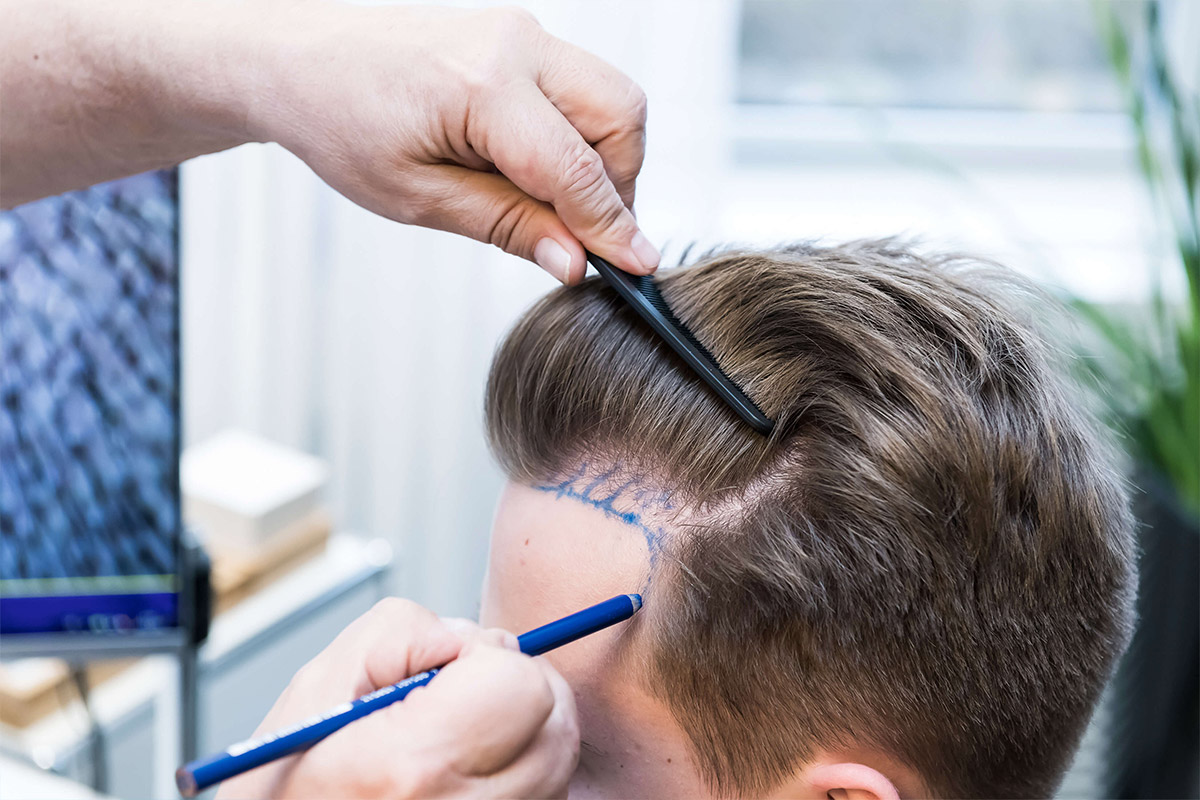
Is It Normal for Hair to Fall Out after Hair Transplant?
If the newly transplanted hair enters the shedding phase right after the surgery, you will see tham falling out. This type of hair loss only causes temporary hair loss because the hair follicles will remain intact and will regrow soon later. Because schock hair loss is a temporary situiton, you have nothing to worry about. Most people tend to think the hair transplant procedure has failed if they experience shock hair loss; however, it is just a normal occurrance in the process of natural hair growth. You will only have to wait appraximately 4 months for your come back. But you have to wait at least one year for your to fully grow and get thick.
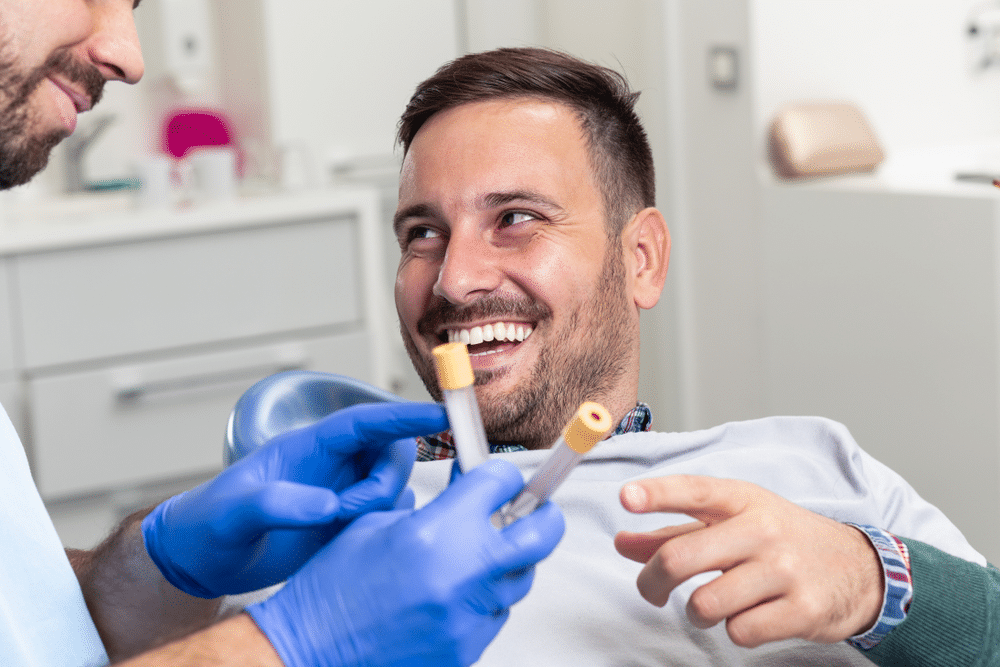
How To Reduce Hair Loss After Hair Transplant
There is nothing you can do about schok hair loss; however, you can minimize hair loss by taking good care of your hair after hair transplant. So you will keep your hair healthy and prevent it from falling out for other reasons than temporary shock hair loss. So here are the tips to reduce hair loss after hair transplant:
- Medications can help you stimulate hair growth. Minoxidil, for instance, can promote hair growth for those who have male pattern baldness which is also called androgenetic alopecia. It will not completely stop hair loss but will definitely support existing hair follicles and help them be healthy and strong.
- Finasteride is another effective medication for male pattern baldness. It words by blocking the DHT production in the body, which can cause androgenetic alopecia. Its first effects can be seen in just a few months but you should use it regularly to see the full effects.
- You should keep eating well to prevent further hair loss that can be caused by nutrient deficiencies. Eating a diet full of healthy protein sources, iron, zinc, and vitamin A, C and E will definitely help with this type of hair loss. However, following a blalanced diet will not affect male pattern hair loss, or other types of hair shedding. It will just help with hair thinning after hair transplant if you have mineral deficiences such as iron anz zinc.
- You should avoid hot treatment and harsh chemicals on your hair if you want to keep your scalp and hair healthy and strong. Hot treatment anc harsh chemicals will cause harm to your hair, resulting in hair breakage, and hair shedding. So you should wash your hair with best and natural products and avoid hot treatments such as blod-dry and hair dyes.
- You can also avoid brushing wet hair to prevent further hair damage. If you brush wet hair, you may cause hair breakage and split ends because wet hair is weakened. So you should always brush dry hair.

